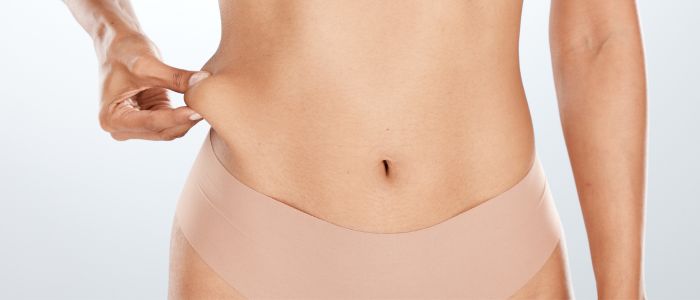
- Causes and Solutions for Belly Fat
- Download the Tummy Tuck Guide
- Understanding Belly Fat
- Diagnosing Excess Belly Fat
- Health Risks Associated with Belly Fat
- Surgical Interventions to Get Rid of Abdominal Fat
- Liposuction
- Download the Liposuction Guide
- Tummy Tuck (Abdominoplasty)
- Bariatric Surgery
- Tummy Tuck Before and After Photos
- Non-Surgical Approaches
- Tips To Reduce Belly Fat
- FAQs about Reducing Belly Fat
- Further Readin
Causes and Solutions for Belly Fat
If you’re grappling with excess belly fat, you’re not alone. This type of body fat is more than just a nuisance that makes your clothes feel tight; it’s can also be a significant health issue. Belly fat is not just about how you look; it can have serious implications for your overall health. There are two main types: the fat just under your skin, known as subcutaneous fat, and a more sinister type that wraps around your internal organs, called visceral fat. It’s this deeper fat that can be the bigger health worry, even leading to chronic conditions like heart disease and diabetes.
In this blog, Chester Consultant Plastic Surgeon Anca Breahna aims to provide you with clear, accessible information on the different kinds of belly fat and the surgical options available to help you deal with it. Many people look for ways to shed this stubborn fat, and while lifestyle changes are the first line of defence, surgery can sometimes be an option when these aren’t enough. Anca will guide you through what you need to know about these medical procedures, giving you the knowledge you need to make informed decisions about your health.
Download the Tummy Tuck Guide
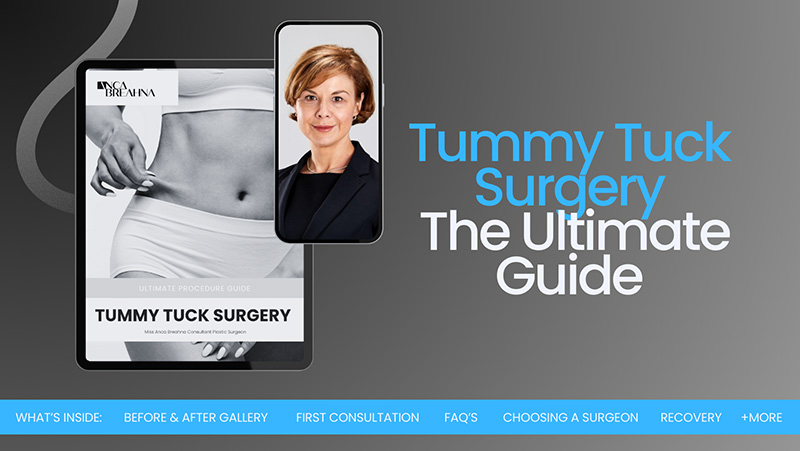
Understanding Belly Fat
When we talk about belly fat, it’s not just one single entity. There’s the kind that you can pinch between your fingers, known as subcutaneous fat, which sits right under your skin. While it may be bothersome, it’s less of a health concern compared to its counterpart, visceral fat. Visceral fat lies deep within your abdomen, enveloping your internal organs. It’s not visible from the outside, but it’s the kind that can significantly affect your health.
Now, why does belly fat accumulate in the first place? It often comes down to your eating habits, how active you are, and your genes. Eating more calories than you burn, especially when it comes to high-fat and sugary foods, can lead to fat accumulation. A sedentary lifestyle contributes to the problem. And your genes? They play a role too, as they can influence how your body processes fat and where it tends to store it.
It’s essential to understand these differences and causes because it guides how you can effectively target and manage belly fat.
Diagnosing Excess Belly Fat
If you’re worried about belly fat, your GP is a good first point of call. They can assess whether your health might be at risk and if further tests are needed.
During a check-up, your doctor will look at your overall health and measure your waistline. A waist measurement of more than 94 cm for men and 80 cm for women is generally considered a risk factor for health problems. They’ll also check your body mass index (BMI), which calculates weight in relation to height, though it’s not fool proof, especially for muscular builds.
If you’re noticing fat accumulation in the lower abdominal area specifically, you might want to explore our FUPA Causes and Treatments guide, which explains what could be contributing to this issue and how it differs from general belly fat.
Health Risks Associated with Belly Fat
Carrying excess belly fat isn’t just a concern for fitting into your clothes; it has serious implications for your health.
- Metabolic Syndrome: This is a cluster of conditions that occur together, increasing your risk of heart disease, stroke, and type 2 diabetes. These conditions include increased blood pressure, high blood sugar, excess body fat around the waist, and abnormal cholesterol levels. Belly fat is often a tell-tale sign of metabolic syndrome and signals the need for lifestyle changes or medical attention
- Cardiovascular Health: Your heart is one of the most important organs in your body, and excess belly fat does it no favours. Visceral fat, in particular, is linked to higher bad cholesterol (LDL) and lower good cholesterol (HDL), which can lead to clogged arteries. Over time, this increases the stress on your heart and can lead to heart disease
- Diabetes and Belly Fat: Type 2 diabetes is closely linked with being overweight, especially when the weight is carried around the abdomen. Excess belly fat can make your body’s cells resistant to the action of insulin, the hormone that helps turn sugar in your blood into energy. This can lead to elevated blood sugar levels and, eventually, diabetes
If you’re carrying extra weight around your middle, it’s not too late to take steps to reduce it and improve your health. In some cases, when diet and exercise aren’t enough, surgical options could be considered to help reduce belly fat and these associated health risks.
Surgical Interventions to Get Rid of Abdominal Fat
When diet and exercise don’t yield the results you’re after, you might consider surgical options. These procedures should be seen as a last resort and come with their own set of risks and benefits.
Liposuction
This is a cosmetic procedure designed to remove fat from specific areas of the body-belly included. Anca will make a small incision and inserts a tube to suck out fat cells. It’s not a weight-loss solution but rather a way to reshape certain areas. Recovery can take a few weeks, and you might experience bruising and swelling. While effective, it doesn’t remove visceral fat, the type associated with health risks.
Download the Liposuction Guide
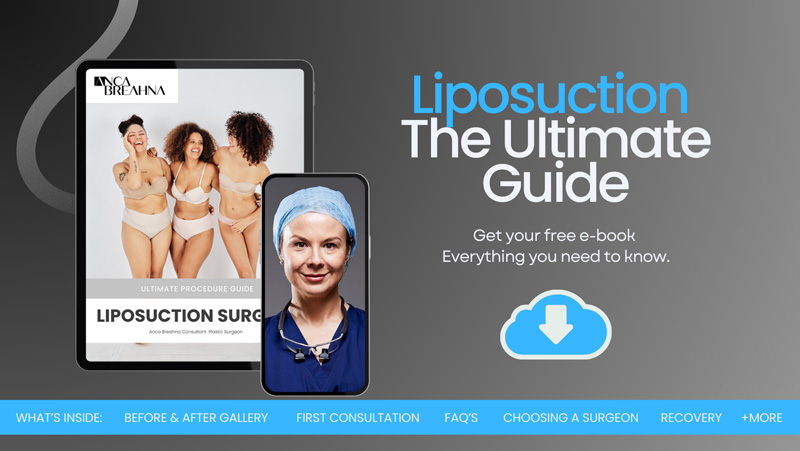
Tummy Tuck (Abdominoplasty)
This surgical procedure is different from liposuction. It’s aimed at those who have sagging or loose skin, often after significant weight loss or pregnancy. A tummy tuck removes excess skin and fat and tightens the abdominal muscles. It’s a more extensive operation with a longer recovery period, but the results are more dramatic, giving a flatter and firmer abdomen.
Bariatric Surgery
When you’re facing serious health risks due to obesity and have struggled to lose weight through conventional methods, bariatric surgery might be an option. This isn’t just about fat removal; it’s about reducing the size of the stomach to limit food intake and promote weight loss. There are several types, including gastric bypass and gastric sleeve surgery. These are major procedures and typically recommended for those with a high BMI and weight-related health conditions.
Each of these surgeries requires a serious commitment to changing your lifestyle to maintain the results. It’s essential to talk to your surgeon about the risks, the potential benefits, and the recovery process to decide if surgery is the right step for you.
Tummy Tuck Before and After Photos
Non-Surgical Approaches
Before looking into surgery, it’s wise to consider non-surgical methods to reduce belly fat. These strategies focus on altering your diet, increasing your physical activity, and adjusting your lifestyle.
- Dietary Changes: To tackle belly fat, it’s not just about eating less but eating right. Focus on a balanced diet rich in whole foods like vegetables, fruits, lean proteins, and whole grains. Cut down on processed foods, especially those high in sugar and saturated fats. Small, consistent changes can lead to a reduction in belly fat over time
- Exercise: Regular physical activity is key in the fight against belly fat. Aim for a mix of aerobic exercises, like walking, running, or swimming, which help burn calories, and strength training, which builds muscle and can boost your metabolism. Consistency is more important than intensity; even a daily brisk walk can make a difference
- Lifestyle Adjustments: Stress can lead to weight gain, especially around the belly, by triggering the release of the hormone cortisol, which increases appetite. Find ways to manage stress, like mindfulness, yoga, or deep-breathing exercises. Getting enough sleep is also vital; aim for 7-9 hours a night. Lastly, consider your alcohol intake, as it can contribute significantly to belly fat
By incorporating these non-surgical approaches into your life, you can make a positive impact on reducing belly fat and improving your overall health. These changes require commitment and consistency, but they are the most sustainable way to fight belly fat and keep it off.
Tips To Reduce Belly Fat
Reducing belly fat can be a straightforward process with the right strategies. Here’s a structured approach to help you tackle it effectively.
- Set Realistic Goals: Start by setting achievable targets. Aim to lose weight gradually, at a rate of about half a kilogram a week
- Balanced Diet: Focus on a diet rich in fruits, vegetables, lean proteins, and whole grains. Cut down on sugars and saturated fats, and watch your portion sizes
- Regular Exercise: Incorporate a mix of cardio exercises like walking or swimming and strength training into your weekly routine
- Stay Hydrated: Drink plenty of water throughout the day. It can help control your appetite and boost metabolism
- Sleep Well: Aim for 7-9 hours of quality sleep per night. Poor sleep can contribute to weight gain, particularly around the belly
- Stress Management: Practice stress-relieving activities like deep breathing, meditation, or yoga to help manage cortisol levels
- Check for Medical Causes: Sometimes, belly fat may be due to a medical condition or medication. Discuss this with your plastic surgeon
- Monitor Your Progress: Keep track of your diet, exercise, and waistline measurements. Adjust your strategies as needed
- Be Patient: Remember that changes won’t happen overnight. Stay committed and focused on your long-term health
- Seek Support: Consider joining a group or seeking the help of a dietitian or personal trainer
FAQs about Reducing Belly Fat
Further Readin
Can I target just my belly fat with specific exercises?
Spot reduction, or losing fat from a specific area, isn’t effective. While exercises can strengthen and tone the abdominal muscles, overall body fat must be reduced to see changes in belly fat.
How important is diet in reducing belly fat?
Diet plays a crucial role. Consuming fewer calories than you burn is essential for fat loss. Emphasise whole foods like vegetables, lean proteins, and whole grains, and limit sugary and high-fat foods.
Does stress really affect belly fat?
Yes, stress can impact belly fat. It triggers the release of cortisol, a hormone that can increase appetite and drive abdominal fat storage.
How does sleep affect belly fat?
Lack of sleep can lead to weight gain, including increased belly fat. It can disrupt hormones that regulate appetite and might lead to poor dietary choices.
Is it possible to lose belly fat without surgery?
Many people reduce belly fat through diet, exercise, and lifestyle changes. Surgery is generally considered only when these methods have not achieved the desired results and there is a significant health risk.
Medical References
- How To Lose Belly Fat – 4 Tips for a Flatter Stomach (WebMD) – https://www.webmd.com/diet/features/the-truth-about-belly-fat
- Belly fat in women: Taking — and keeping — it off (Mayo Clinic) – https://www.mayoclinic.org/healthy-lifestyle/womens-health/in-depth/belly-fat/art-20045809
- Visceral Fat: What It is & How to Get Rid of It (Cleveland Clinic) – https://my.clevelandclinic.org/health/diseases/24147-visceral-fat
- How To Get Rid of Belly Fat: 11 Natural Methods (Medical News Today) – https://www.medicalnewstoday.com/articles/319957
- What Causes Belly Fat And 7 Ways to Lose It (Medical News Today) – https://www.medicalnewstoday.com/articles/323309
g about Body Procedures with Consultant Plastic Surgeon Anca Breahna
-
- Read more about Tummy Tuck / Abdominoplasty
- Read more about Liposuction
- Read more about Mini Tummy Tuck
- Read more about Liposuction vs Tummy Tuck
- Read more about How to Get Rid of Excess Fat & Skin – Treatment Options
- Read more about How to Remove Your Love Handles
- Read more about Causes and Solutions for an Apron Belly
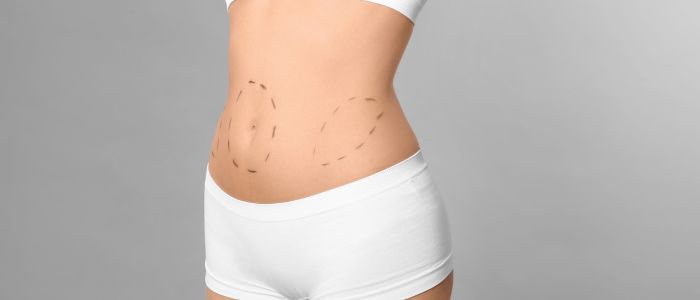
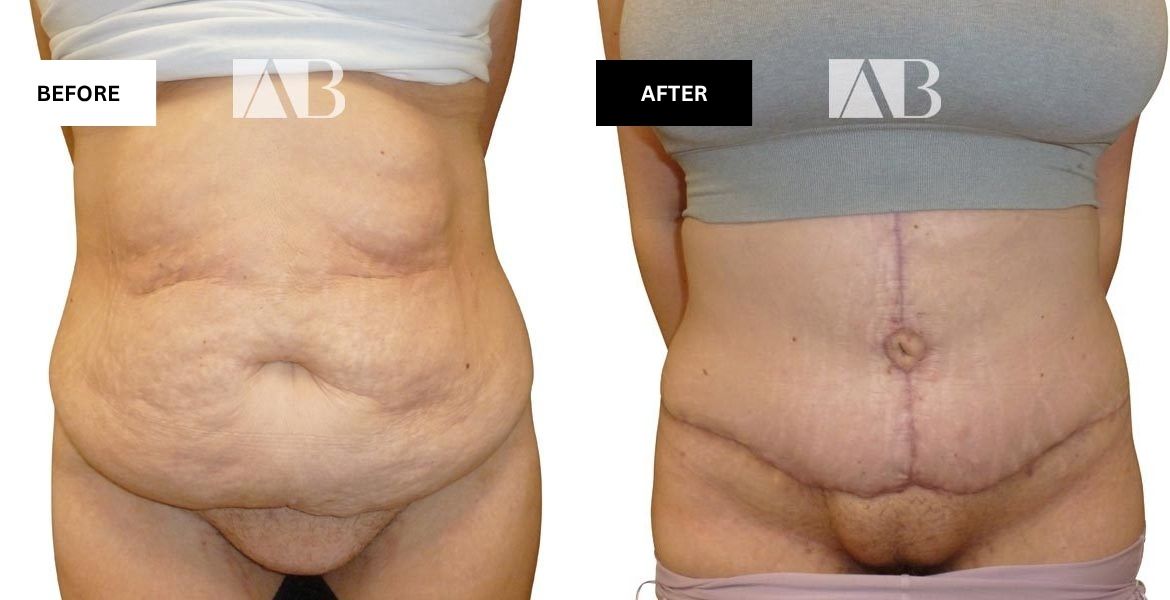
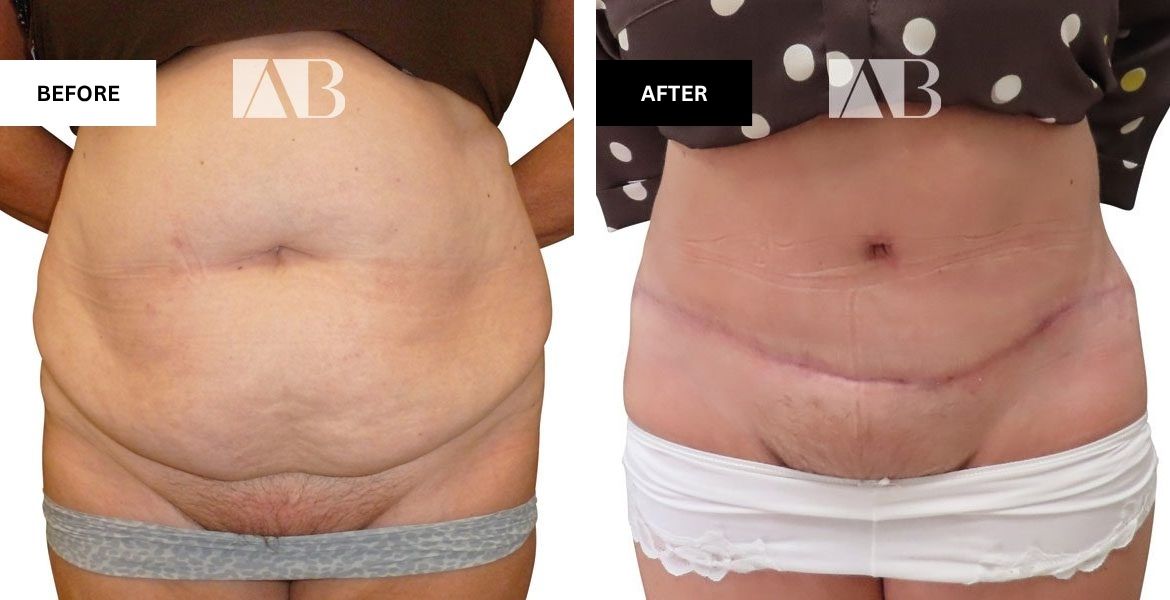

 Ms Anca Breahna, PhD, MSc, FEBOPRAS, FRCS (Plast) is a highly regarded Consultant Plastic Surgeon specialising in the field of Aesthetic and Reconstructive Plastic Surgery. Anca performs a range of
Ms Anca Breahna, PhD, MSc, FEBOPRAS, FRCS (Plast) is a highly regarded Consultant Plastic Surgeon specialising in the field of Aesthetic and Reconstructive Plastic Surgery. Anca performs a range of 